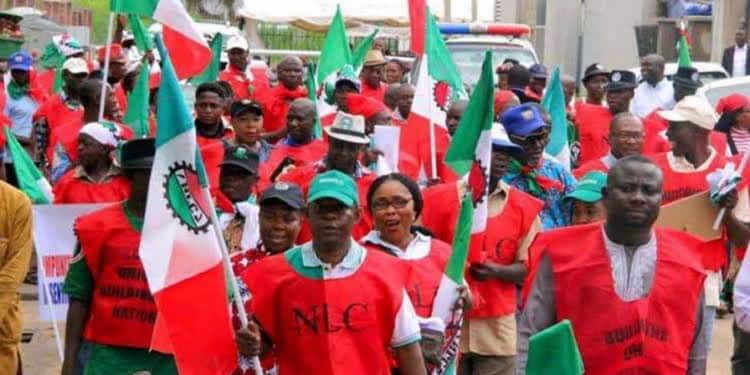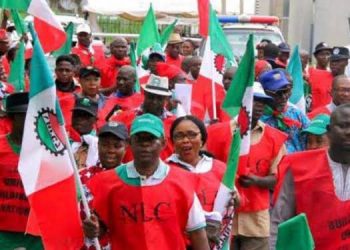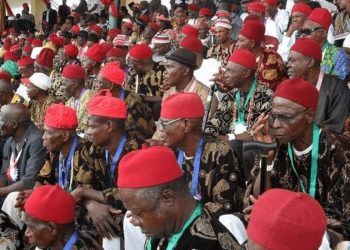The Nigeria Labour Congress (NLC) has strongly condemned the Federal Government’s newly adopted National Industrial Relations Policy, warning that it could effectively criminalise strike actions and erode long-established workers’ rights.
In a bold statement released in Abuja on Saturday, the NLC President, Joe Ajaero, expressed dismay over the Federal Government’s prioritisation of strike suppression in the new policy, which was approved during the Federal Executive Council (FEC) meeting held on July 31, 2025.
“We are alarmed that, out of numerous issues covered in the National Industrial Relations Policy, the government has chosen to focus primarily on industrial strikes as its main concern,” Ajaero stated.
He criticised the government’s approach, suggesting it reveals a disturbing intent to weaken organised labour and roll back constitutional freedoms that protect workers’ rights.
The NLC views the policy as a veiled attempt to criminalise industrial actions, a fundamental instrument of collective bargaining in any democratic society. Ajaero recounted how, during the drafting of the policy, there were controversial efforts to embed provisions that would make strike actions a criminal offense. Those proposals, he said, were initially rejected by key stakeholders, including trade unions, employer groups, and even the Federal Ministry of Labour, for being incompatible with the 1999 Constitution and existing labour laws such as the Trade Unions Act.
Ajaero reiterated that:
“The right of workers and trade unions to withdraw their services is both fundamental and inalienable. Any policy or clause that seeks to undermine that right is legally inferior to the Constitution and labour legislation.”
This latest development comes amid growing tensions between organised labour and government institutions over wages, workplace conditions, and inflation-driven economic hardship. The NLC warns that the new industrial policy, if enforced as proposed, could suppress workers’ voices and violate international labour conventions to which Nigeria is a signatory.
“The NLC and organised labour in Nigeria categorically reject this new framework for industrial relations,” Ajaero declared, assuring workers that the labour movement remains vigilant and committed to defending their rights.
What Is the New National Industrial Relations Policy?
According to official announcements, the National Industrial Relations Policy is designed to streamline Nigeria’s industrial relations framework. While the full policy document has not been publicly disclosed, labour unions argue that the government’s main focus appears to be the curbing of frequent industrial actions, which have intensified over the years due to poor governance, economic instability, and public sector neglect.
The government’s position has been met with skepticism, particularly among labour groups who argue that the right to strike is a last-resort mechanism for employees facing unfair treatment, non-payment of wages, and systemic exploitation.
This clash over the new policy marks a critical juncture for Nigeria’s industrial relations landscape. If the policy is implemented in a way that limits workers’ ability to protest or withdraw their services, analysts warn that it could trigger widespread resistance, legal battles, and even unplanned national shutdowns.
The NLC’s reaction underscores the importance of inclusive stakeholder engagement in shaping policies that affect the livelihoods of millions of Nigerian workers. Ajaero’s statements serve as a reminder that labour rights are not merely political concessions but legal and constitutional entitlements rooted in decades of struggle.
As the debate continues, all eyes are on the federal government to either reassure the public of its commitment to democratic labour practices or face an increasingly mobilised and aggrieved workforce.
































